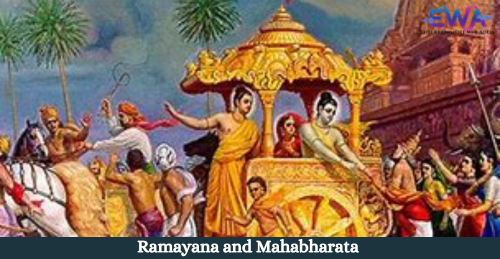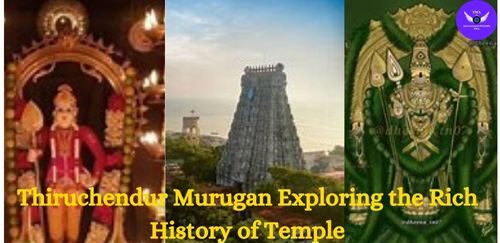Ramayana, Mahabharata in Arabic Indian Epics Find New Appeal
Arabic
The Arabic translations of the classic Indian epics, the Ramayana and Mahabharata, have recently given them a fresh perspective. When Indian Prime Minister Narendra Modi visited Kuwait, he accomplished this important cultural milestone. An important step in bridging the diverse cultures of India and the Arab world is the release of these epics in Arabic.

Why Translate Ramayana and Mahabharata into Arabic?
- Important to Indian Philosophy and Culture: The Ramayana and Mahabharata provide deep insights that go beyond simple narrative and are essential to India’s history, philosophy, and culture.
- Fostering Cultural Exchange: By bridging the divide between the Middle East and the Indian subcontinent, the Arabic translations promote respect and understanding between the two regions.
- Universal Themes: The epics’ examination of morality, obligation, familial ties, and the victory of good over evil strikes a chord with people all across the world.
- Improved Accessibility: Readers who speak Arabic may now appreciate the richness and splendor of Indian mythology in their first tongue.
- An emblem of diplomacy These translations, which were made public during PM Modi’s visit to Kuwait, demonstrate initiatives to improve regional cultural connections.
- Read the full detailed article on Topic of Ramayan and Mahabharat published on Arabic Language
Arab World Reaction
- Enhanced Interest: Through these epics, many Arabic readers are keen to learn more about Indian culture and ideals.
- Impact on Education: To foster intercultural understanding, schools and colleges may include these translations into their curricula.
FAQ on Ramayan & Mahabharata
- What makes the Mahabharata and Ramayana important?
Indian philosophy, history, and culture are based on these epics. They impact many generations by imparting eternal teachings on morality, spirituality, and leadership. - What effects does the Arabic translation of these epics have?
By making Indian mythology understandable to Arabic-speaking audiences, the translations promote cross-cultural dialogue and a greater appreciation of India’s cultural legacy. - What relevance do these epics have to the contemporary world?Moral quandaries, familial devotion, fairness, and the victory of good over evil are among the universal themes that still provide direction in the modern day.







Pingback: Unique Culture of India Art, Music, and Dance